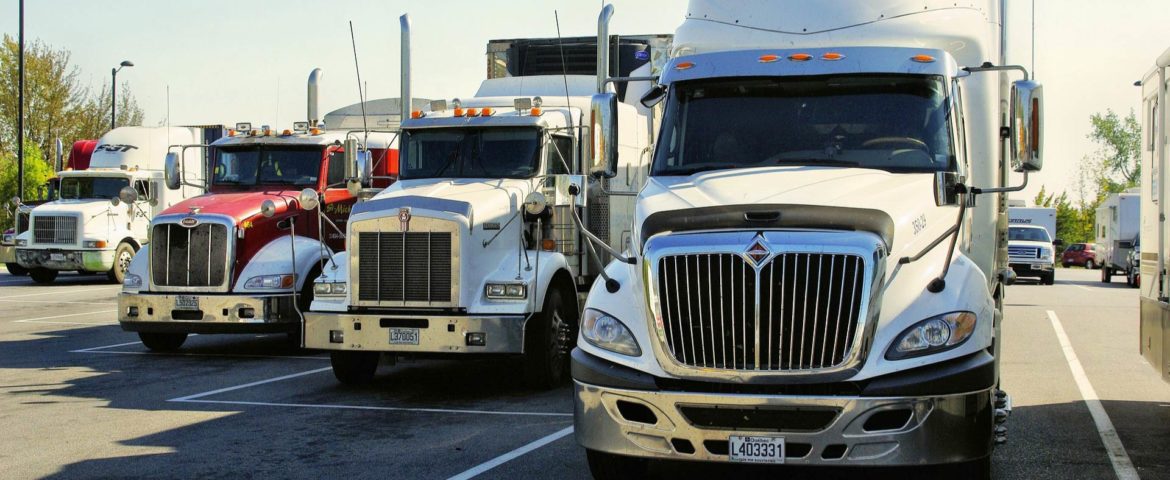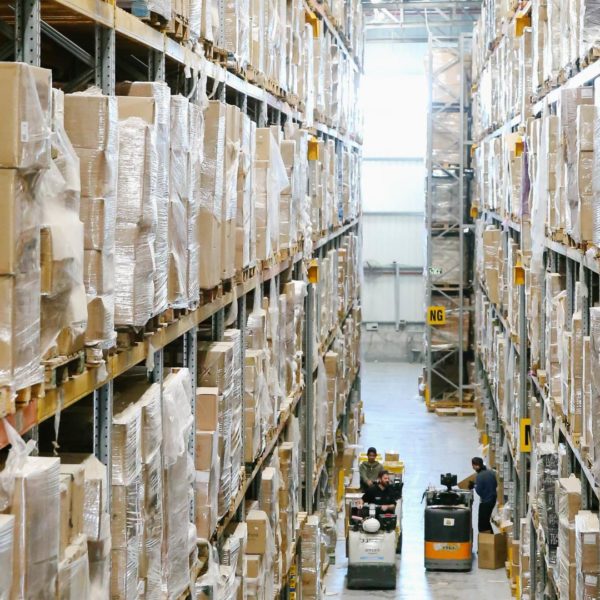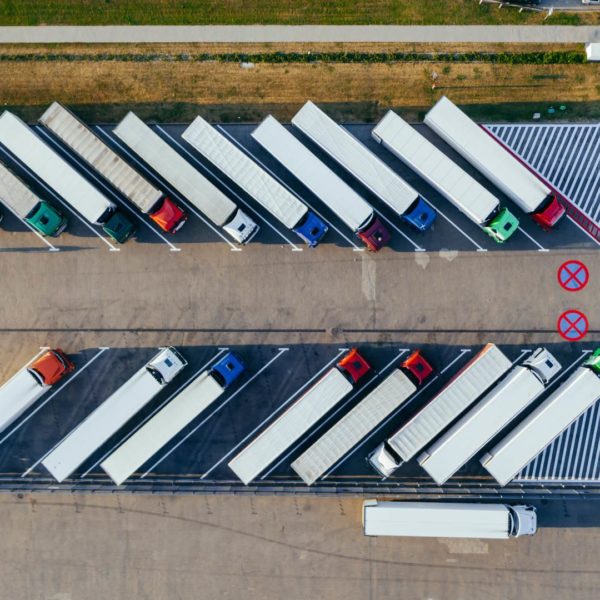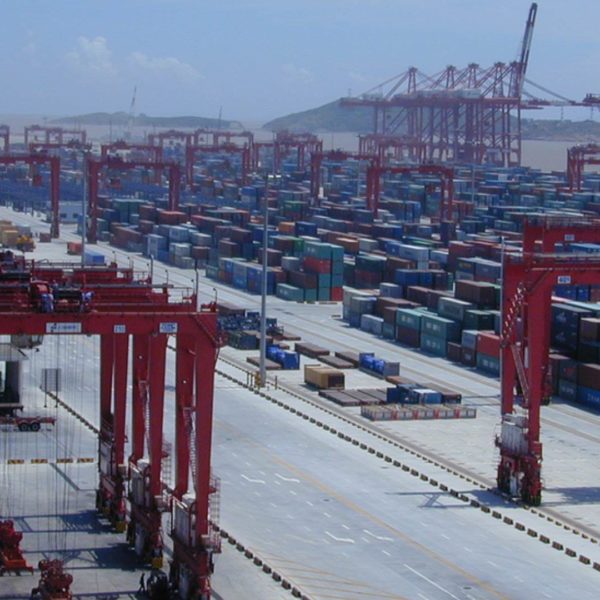The US trucking industry is massive, with over 3.5 million employed as drivers, which doesn’t even include the numerous direct and indirect support staff and related jobs. Trucking in the US generates nearly $800 billion in yearly revenue, representing one of the largest single pieces of the US economy.
Trucking in the US is responsible for moving the majority of all goods and raw materials transported on a national level with around 70% of all products moved via truck. Even items moved by rail, ship or plane will generally move via truck on the first and last mile of the route, such as from a factory to a seaport or from a rail terminal to the final receiver.
As the US economy grows, consumer demand remains high, e-commerce sales grow, the trucking industry also sees volume and revenue increases.
Types of Trucking Services
The most common type of truck is the dry van, which is many times referred to as the generic semi truck or tractor trailer. These can carry up to 45,000 lbs of anything that will fit inside and doesn’t need refrigeration. Often pallets are used to efficiently load and unload the trailer, which also facilitates securing the cargo in place for transit.
Dry vans are used by nearly every retailer you can imagine, from Walmat to Dollar General, Home Depot, etc to move products from distribution center to store.
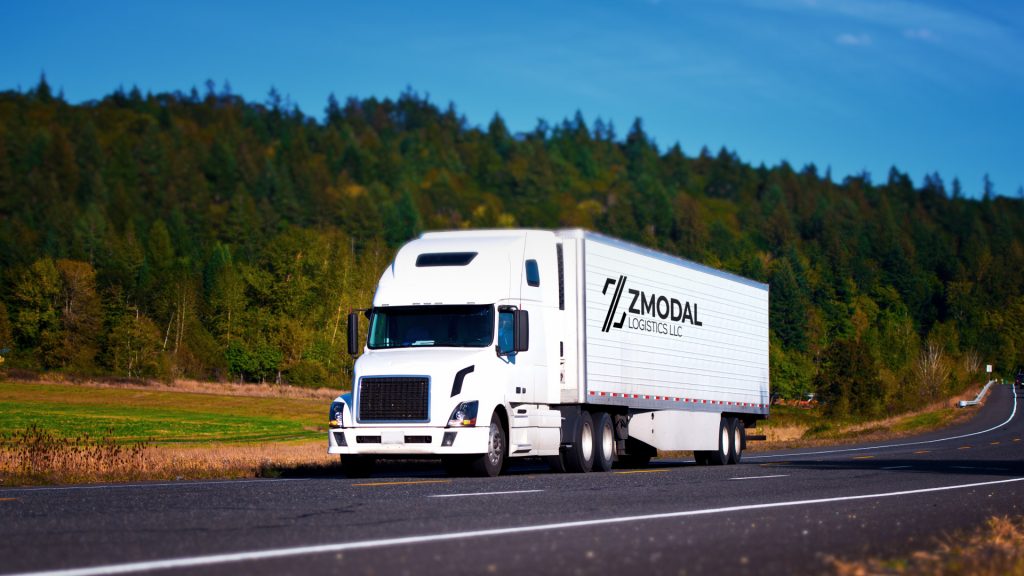
Other Types of commercial tractor-trailers include flatbeds which are often used to move building materials, machinery, steel products and other items that will be loaded from the side and don’t need as much protection from the environment while in travel.
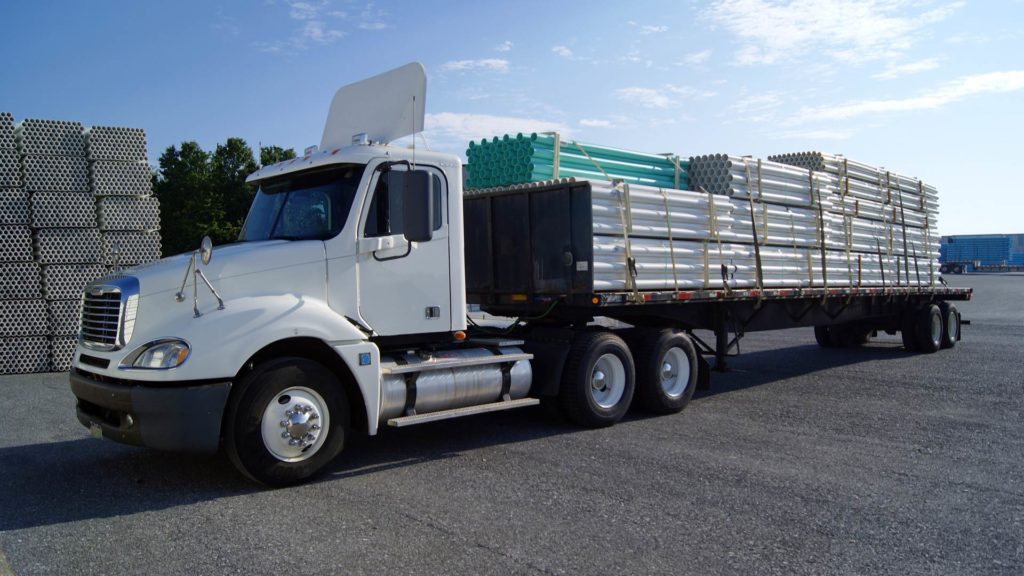
Hopper trailers are used to move aggregates such as sand, plastic pellets, and grain. These are loaded from the top and emptied from the bottom over specialized pits designed to collect the cargo as it flows out.
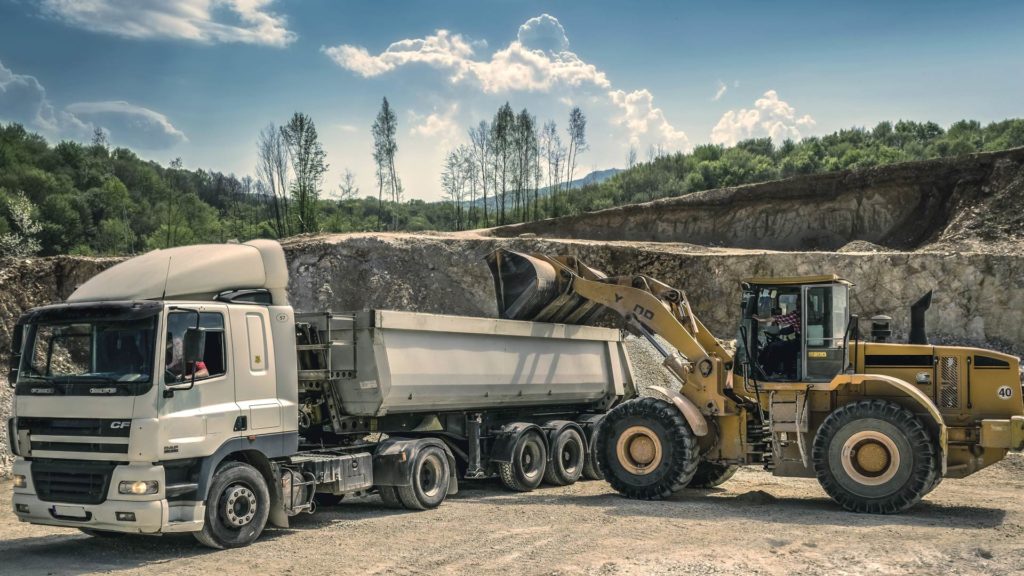
Tanker trailers move everything from oil to gasoline and diesel fuel. They are commonly seen at gas stations refilling the massive underground storage tanks. Tanker trailers also move fuel additives like ethanol and can move food related liquids such as wine, syrups, and flavoring elements.
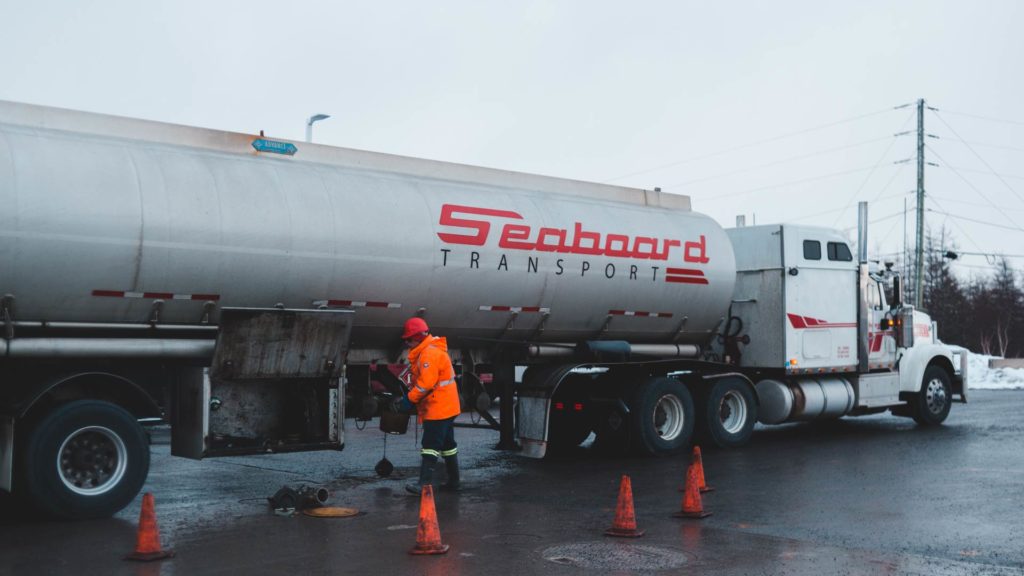
Refrigerated trucks feature insulated and temperature-regulated cargo space that can be set for different temperatures ranging from freezing conditions to more sedate regulated temps of 40-50 degrees(f for certain fruits and vegetables. Grocers heavily rely on refrigerated transport to move frozen and refrigerated products from distribution centers to stores. Produce harvesters also rely on refrigerated transport to keep harvested fruits and vegetables fresh as they are moved to market. Seasonal rushes on produce-related transportation can create rate increases during regional produce harvests.
Container Drayage is a form of trucking using specialized trailers that can support ocean and domestic containers being loaded and unloaded on them for inland highway transit. When international ocean shipping containers are unloaded from a ship, they must move inland to their destination on a drayage truck. Drayage operations are most commonly seen in port cities and near intermodal rail terminals.
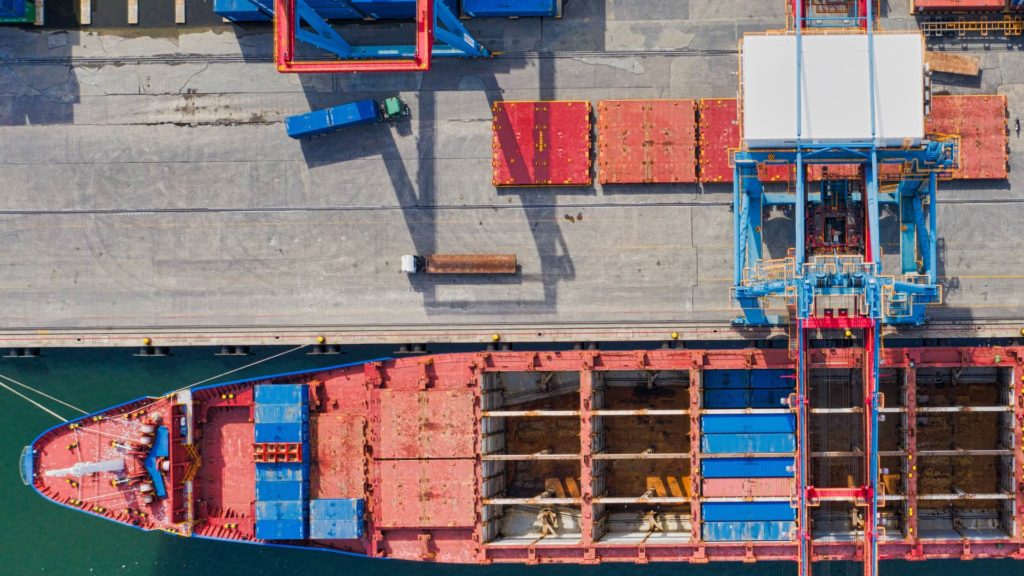
Drayage trucks also play a role in domestic container shipping, known as domestic intermodal. This type of shipping uses railroads for the long haul portion of the freight route then drayage for the transportation to and from the origin and destination rail terminals. Learn more about drayage trucking services HERE.
Another major form of trucking is LTL, or less than truckload. This is for freight shipments that are less than a full truckload worth of freight. In this model, the trucking space is occupied by pallets from multiple shippers. For shippers moving 1-10 pallets, this is the typical method of shipping freight beyond what UPS, Fedex and USPS will carry. The companies that offer LTL freight services typically focus near exclusively on LTL, and operate terminals and specialized trucks to facilitate this type of service.
The Future of Trucking
Numerous technologies are being applied to the trucking industry ranging from electric trucks, to autonomous trucking, AI-generated truck routing, and robotic loading systems.
The lack of new truck drivers entering the industry is a major concern, the use of self driving trucks and truck platooning could help to create additional trucking capacity with the same number of drivers. Even though early autonomous trucks will need a driver in the cab, it’s likely the driver will be able to extend their legal hours of service since they won’t be fully engaged in “driving” for the entire distance.
Heavy Haul
For oversized loads, beyond the physical size or weight restriction of standard flat beds or dry vans, heavy haul trucking solutions are the answer. These types of freight require more attention and planning into each load as the individual requirements of the loads can vary quite a lot, often needing special permits for each state that the freight is moved through. Often oversized building materials, pre-fab homes or heavy machinery like construction equipment are moved via heavy haul carriers. Load configurations and the types of equipment used vary significantly with what is being moved, some trailers for overweight freight can have over a dozen axles to properly distribute the additional weight.
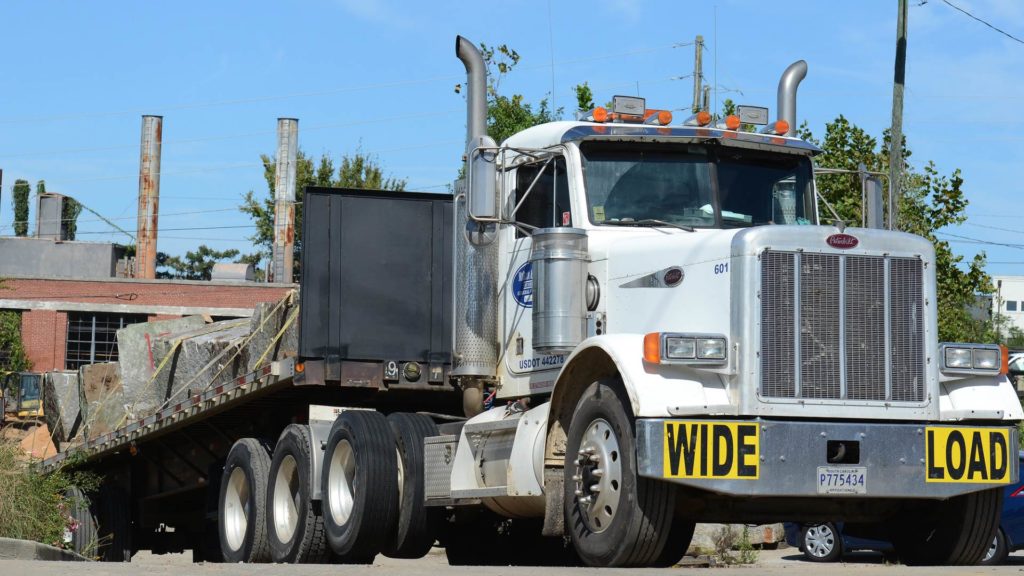
Cross Country Shipping
Almost any type of trucking is regularly employed in long haul services, LTL and all types of FTL freight types are very commonly employed in long haul cross country shipping applications. While rail is more cost and energy efficient over great distances, the majority of freight in the US is still moved over the road via truck. The only type of trucking not commonly used in long haul cross country freight is drayage, since most container trucking services are only needed on routes under 500 miles. There are of course exceptions to this, but as a general rule, most drayage lanes are much shorter than other forms of long haul over the road freight movements.
E-commerce and Trucking
The rise of e commerce sales has pushed retailers to think harder about their logistics processes. For delivery of appliances or other heavy oversized packages, often white glove, final mile trucking services are used which specialize in this type of residential delivery. The final mile of a delivery is often the most expensive portion of the entire shipping lifespan of a product, which has pushed firms to develop better processes and technology specifically aimed at file mile delivery optimization.
Returns, often known as reverse logistics, are another very costly type of retail logistics. The overall volume of returns has risen as a result of many consumers preferring e-commerce transactions to brick and mortar shopping. Returns are often low volume, on unique lanes, and rarely are processes and facilities designed to make returns efficient for retailers. Just like final mile delivery services, more emphasis has been put on returns in the last several years as the problem as become more pronounced for many within the industry.
Supply Chain Disruptions
Supply chains have been under immense stress to keep freight moving and products on the shelves since the outbreak of the covid-19 pandemic. Factory closures, distribution center closures, port congestion and driver shortages have all played a compounding role in creating numerous layers of obstacles for logistics planners.
Supply chain planners and logistics managers have worked hard to improve processes, diversify their supplier and logistics provider base, as well as to better integrate multiple modes of transportation into their shipping plans, all in a way to reduce risks within their overall supply chains and support customer sales.
The ongoing issue of port congestion and trucking shortages will play out over the next several years with no easy solution in sight. Better utilization of existing assets will be a focus for port authorities, in an effort to keep containers flowing in and out of port facilities efficiently. Look for many port authorities to make additional capital investments as well, focused on increasing port throughput.
Want a free lane and cost savings analysis? – Get in Touch!
Zmodal is a top intermodal shipping company providing door-to-door intermodal, and full truckload services nationwide throughout our digital supply chain dashboard which provides easy route searching, booking, document management, and analytics. CONTACT US if you want to lower your supply chain costs or want access to North American intermodal capacity.
